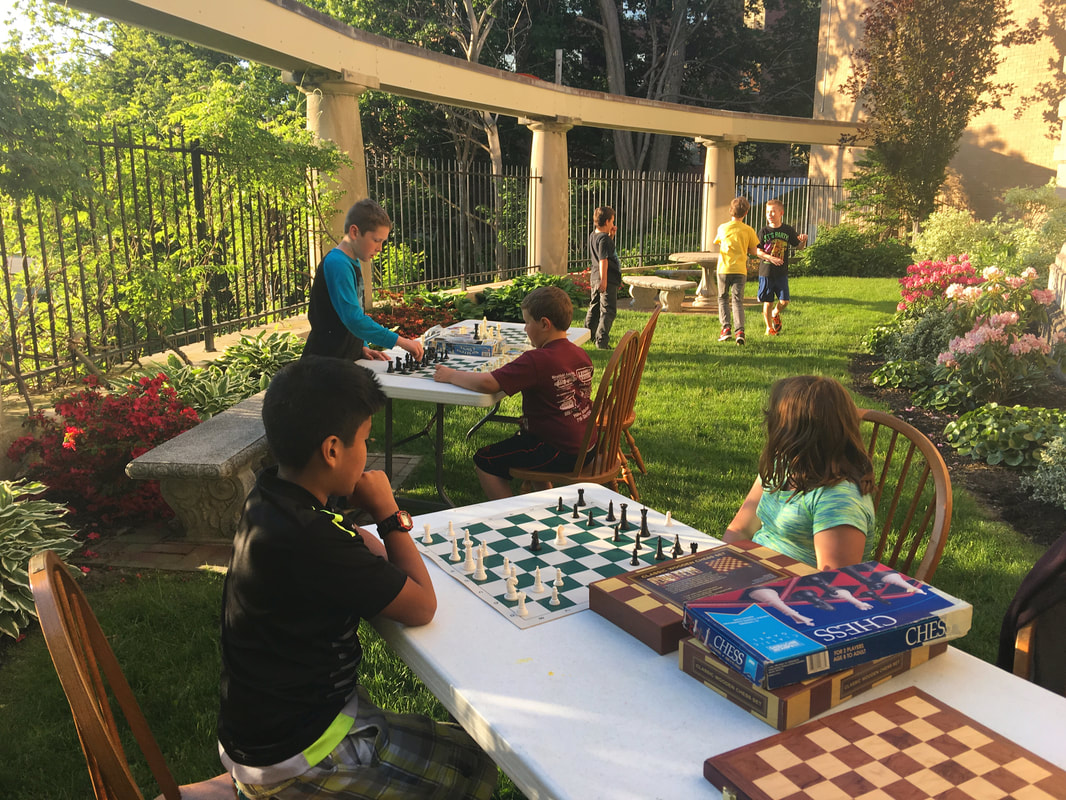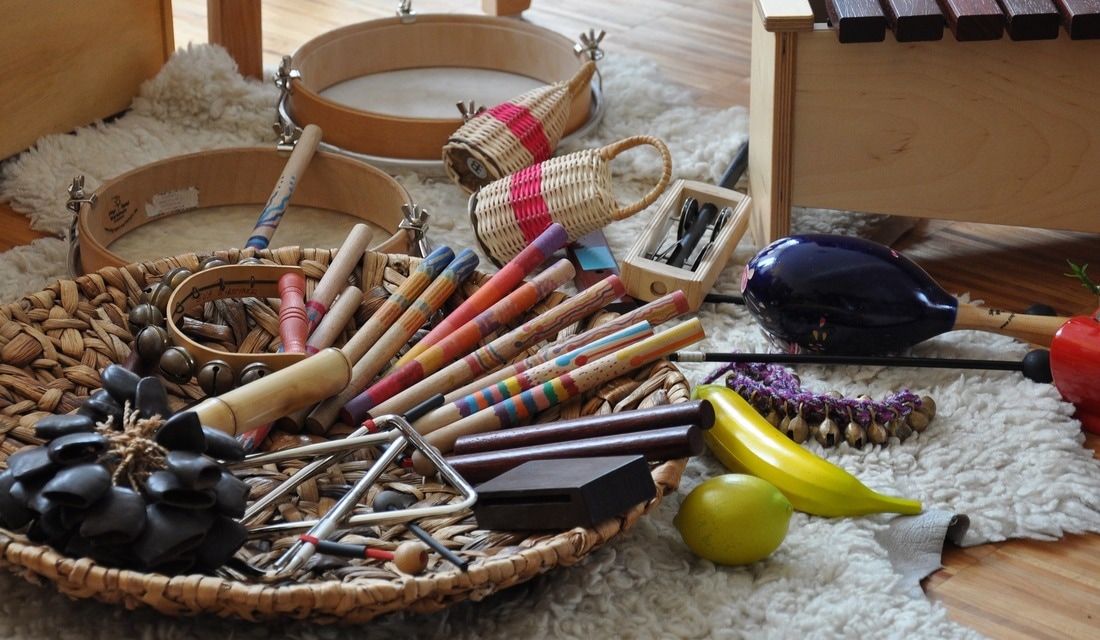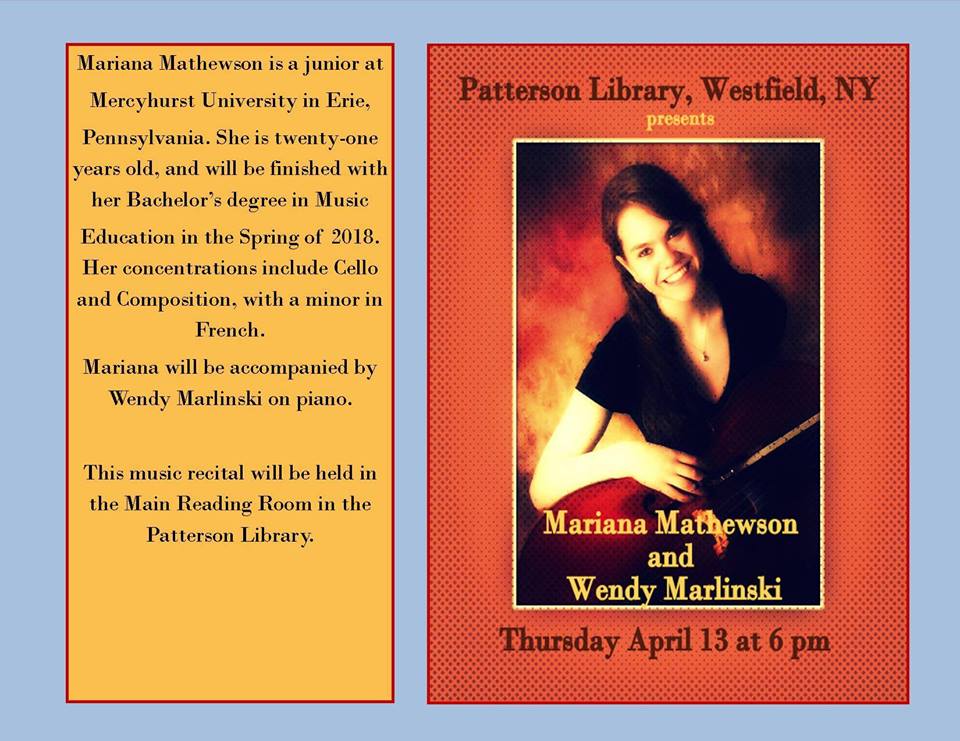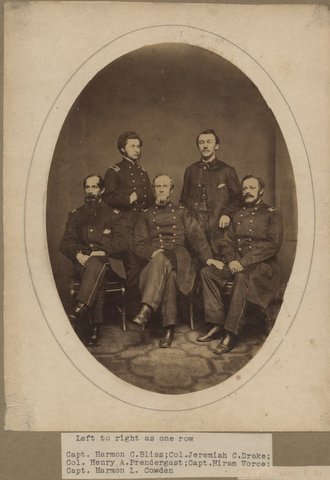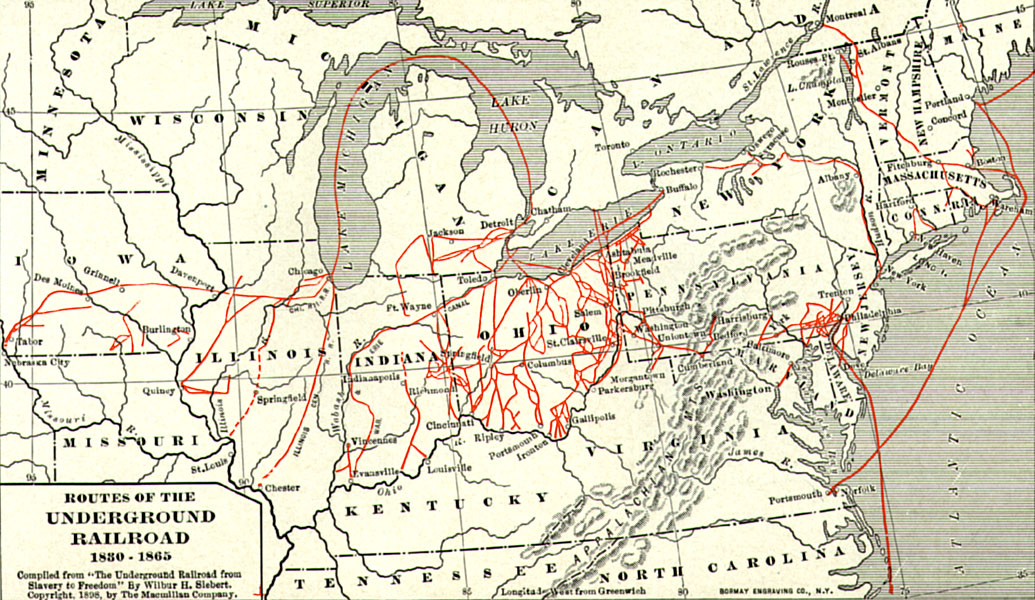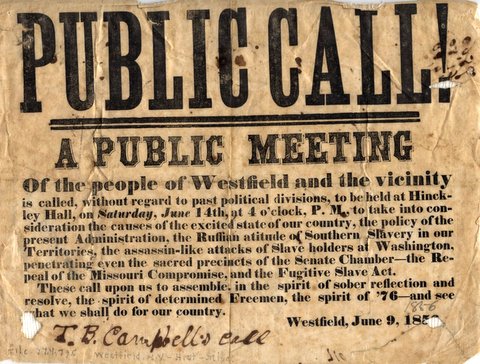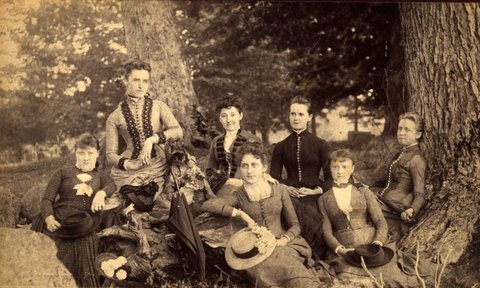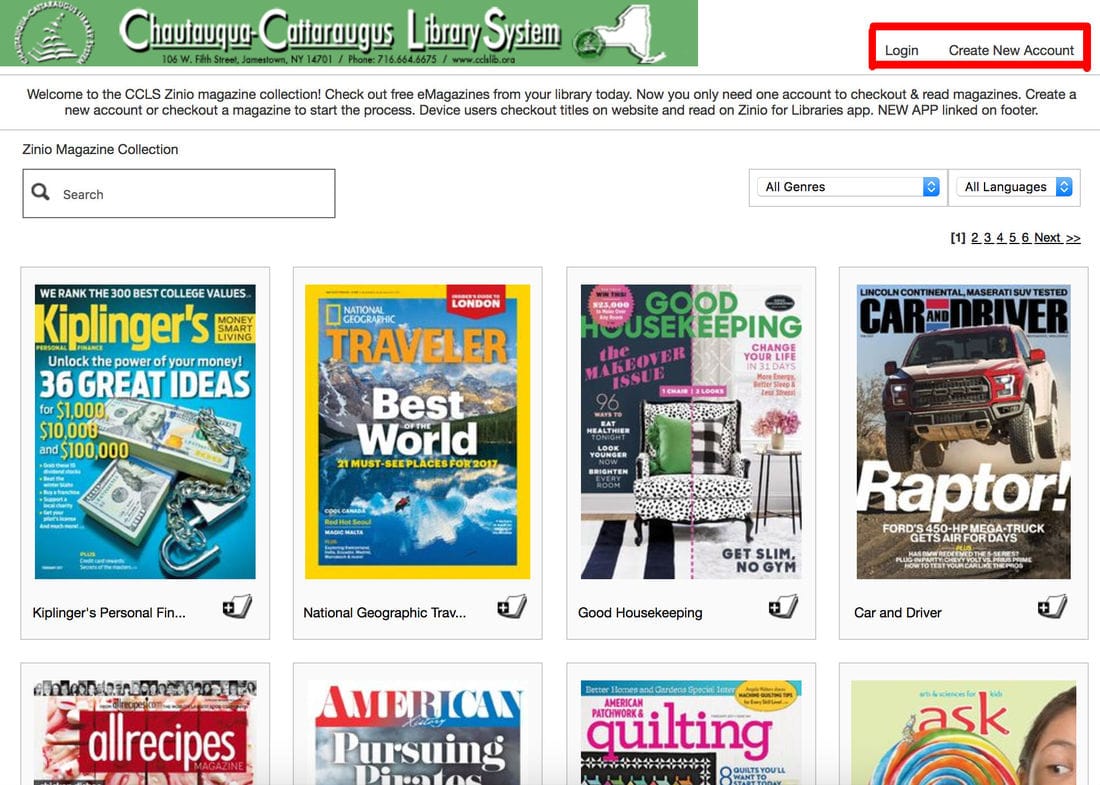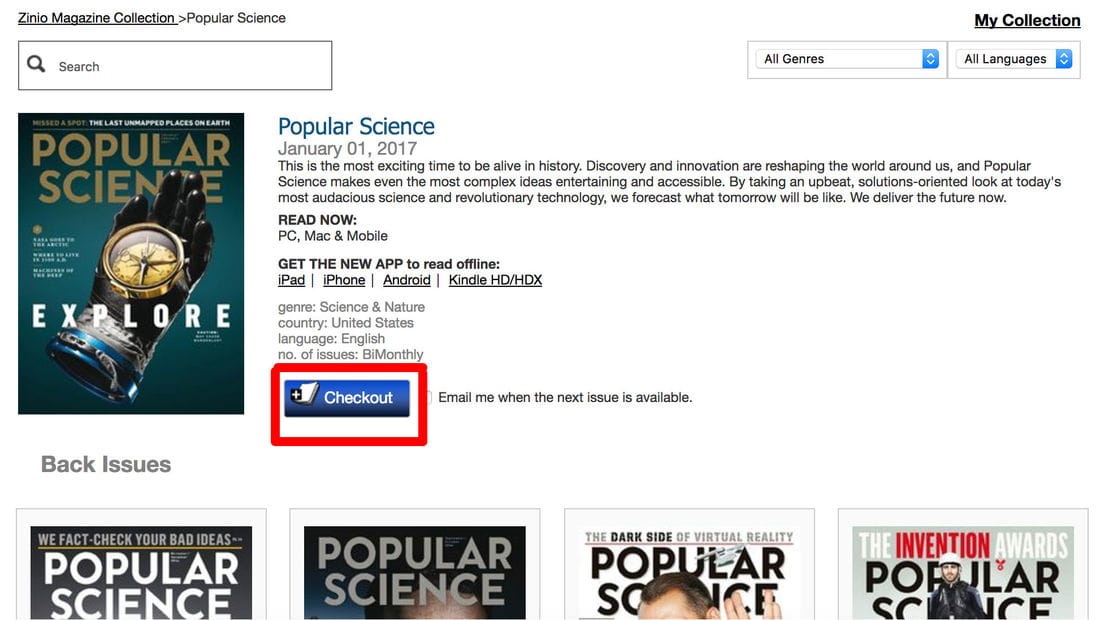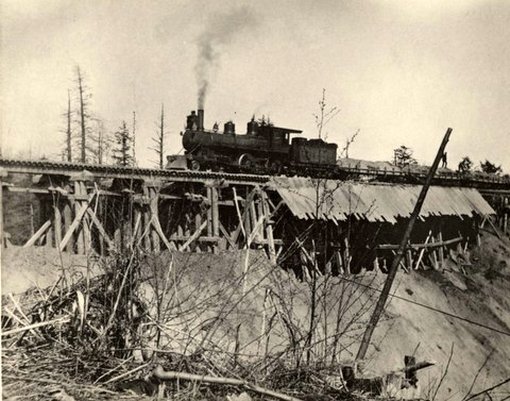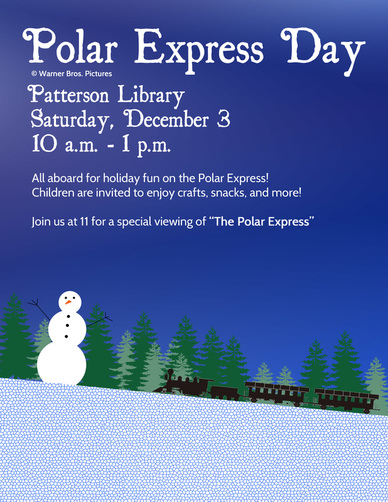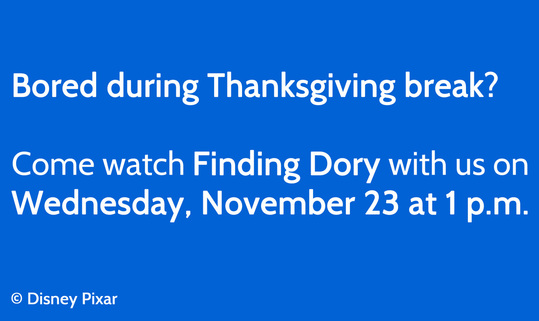|
We're starting up our Junior Chess Club again for grades 4 through 12. Chess Club will begin on Tuesday, April 3 and will continue every Tuesdays at 6:30 p.m. - 8 p.m. until May 15. In the meantime, take a look below at these fun facts about the game of Chess! 1. Benjamin Franklin, one of our founding fathers, loved Chess so much that he wrote an essay called "The Morals of Chess." In the essay, Franklin wrote that when you play Chess, you strengthen "foresight, circumspection, caution, and perseverance." There's some evidence from his own life to back that up. Franklin discovered electricity, persevered for peace in the aftermath of America's revolution, and helped write the United States Constitution.
2. Chess players helped win World War II and also helped establish the fundamentals of computer science. During World War II, the Germans used a machine called Enigma to send coded messages. In Great Britain, mathematicians, crossword puzzle whizzes, and skilled Chess players were recruited to help break Enigma's code. Among them was Alan Turing, who is considered the Father of Computer Science. In the end, they cracked Enigma's code and the Allied Powers won the war! 3. Learning how to play Chess helps kids do better in school! Studies have shown that Chess helps children develop better problem-solving skills and are more likely to perform better in reading and math. Research has also found that Chess can improve children's attention spans and visual memory. 4. Chess is one of the oldest board games in the world. There is some dispute over the exact year and country Chess originated from, but historians have found that Chess has roots all the way back to 600 AD! 5. While the origins of Chess are disputed, the origin of the word "Checkmate" can be traced back to Persia. "Check comes from a Persian phrase 'shah' (king) where 'shah mata / shah mat' meant 'the king is dead' or 'the king is helpless'" 6. Even though Chess has been around since the 6th century, it's still widely played around the world. Studies conducted in 2016 found that 605 million adults play chess every year, including 15% of U.S. adults. 7. What makes Chess so interesting is how different each game can be played. It is estimated that there are 318,979,564,000 ways to play the first four moves for both players! There is so much more to be learned about Chess! Grades 4-12 are encouraged to play at the Patterson Library, or can ask a library employee at anytime to play with a set. The Patterson Library also has several chess books and can order more through Inter-library Loan.
52 Comments
The Patterson Library blog is happy to welcome the words of others through our monthly guest blog series. This month's blog post comes from Mariana Mathewson, a junior music education major at Mercyhurst University in Erie, PA. Mariana will be playing a concert in our Reading Room on Thursday, April 13, at 6 p.m. Until then, enjoy Mariana's post on the importance of music education. "Why Music Education Matters" by Mariana Mathewson There has been a lot of research recently that suggests that music strongly affects the brain. The field of Music Therapy is growing rapidly, as more studies show the power of music in healing and rehabilitation. Music in the classroom, however, is something that seems to be overlooked, especially with the spike in standardized testing and cuts to art funding in recent years. Music has an abundance of benefits, especially for the developing brain. Socially, emotionally, physically and mentally, music is something that can foster growth in all of these areas. When children participate in the act of making music, whether it be as simple as singing a melody in unison or as complicated as a large high school ensemble, they are communicating with each other on a different level. Reading body language and responding to the sounds that their peers make is an essential part of making music in a group, and is so easily accessible. A spirit of cooperation is fostered, and kids really have to work together in order for music to be made effectively. Emotionally, music can help children learn to understand and express feelings. An important part of making music is to understand the composer’s intentions about the piece or song, and learning how to convey those emotions to an audience. This really helps children identify emotions that they may have experienced before, and music is a very healthy way for them to express them. Music is like a sport-- you have to be in good physical shape in order to do it well, and you have to train like an athlete in order to be successful. While this may not mean hopping on the treadmill every day, children can develop advanced fine motor skills much faster and much more efficiently by learning to play an instrument. Lung strength is developed by singing and playing wind instruments, and excellent hand-eye coordination can be developed with strings, percussion and piano. Learning to read music is like learning to read another language; then add having to produce those sounds on an instrument, and the result is an astounding amount of mental processing. Music is one of the best combatants of developing dementia and Alzheimer’s disease in elderly populations, and in students it has shown in studies to actually improve standardized test scores. Making music takes an incredible amount of focus and attention, and requires children to multi-task. This all supports a lot of brain growth! There are so many ways that music is essential to a child’s growth and development. As humans, we have this primal connection to organized sound. By giving children the tools to make music through proper education, we are preparing them to be better humans. “From The Archives” - Westfield During the Civil War “From the Archives” is our ongoing blog series, sharing the rich history of Westfield and Chautauqua County based off the documents and photographs in our local history and archive rooms. To view materials in the archive rooms, contact us at 326-2154 and ask for Nancy Ensign. In 1802, shortly after the American Revolution and drawing of the United States Constitution, Westfield was settled. In a young America, these new citizens of Westfield had no idea what their rural community would contribute to the country, starting not too long after they had settled. Less than half a century later, in the 1850’s, the tensions and divisiveness created by slavery would begin to send America closer to civil war. These tensions did not escape Westfield. In fact, Westfield played an important role in the war effort as well as the creation of the Republican Party. By the 1850’s, around 2,000 people lived in Westfield and 50,000 lived in Chautauqua County. There were several trains and trolleys that connected Chautauqua County to bigger cities. Important political and business figures would visit Dunkirk and other areas of the county. On the national level, there was only one major political party, the Democratic Party. The other major political parties, the Federalist and Whig Parties, had either died out or were extremely weak. At the time, the Democratic Party was pro-slavery. Settlers of Westfield were divided on the issue of slavery. While this division existed, it did not prevent many Westfielders from working to free slaves. Westfield was located directly on the main route of the Underground Railroad. The home of Rossiter Johnson, a lawyer from Westfield, on 58 Clinton Street was a regular station on the route. Politics became a recurring topic for many citizens during the rise of the “Know-Nothings” or the American Party, a pro-slavery political party. The “Know-Nothings” gained considerable power in New York State in 1854, taking control of the Chautauqua County Board of Supervisors and 40 seats in the state legislature. Nationwide the “Know-Nothings” gained control of 8 governorships, several House of Representative seats and 5 senate seats. The Fugitive Slave Law was passed and began to affect Western New Yorkers. Slave catchers moved into the area and many men and women were arrested. Citizens became concerned and began organizing. Many met in Mayville to begin crafting a strategy that would combat the secrecy of the “Know-Nothings.” Among those in the meeting was Martin Rice, a lawyer from Westfield. During the meeting, Rice was tasked with starting a newspaper that reflected the values of these meetings. At the time, Westfield was only represented by the Westfield Transcript, a pro-Democrat paper. The Jamestown Journal and Mayville Sentinel also was pro-Democrat. After this, the Westfield Republican was created in 1855, becoming the first Republican paper in the country. The Republican quickly became known as the voice of the Republican Party across Chautauqua County and New York state. The Sentinel, Transcript and other pro-Democrat papers of the time criticized the Republican. The tipping point in the country was the election of Abraham Lincoln in 1860. Two-thirds of Chautauqua County supported Lincoln in the election. On April 15, 1861, Lincoln issued a proclamation after the seizing of Fort Sumter. On April 20, 1861, a crowd packed into Wells Opera House in Westfield for a meeting. By the end of the meeting, it was concluded that they supported the President. By June 1861, 30,000 men from New York state volunteered for the war. Of those 30,000, 2300 were from Chautauqua County and 93 from Westfield. At times, many businesses in the village would close early to go to meetings, where both men and women would sell watches, diamond rings and pictures to contribute to the war fund. Women would continue to play an important role in the war effort. The Ladies’ Soldiers’ Aid Society was formed, where they would coordinate mass sewing meetings. Unfortunately, the war took its toll on pricing in Westfield. Food prices raised from 100 to 150%. Coffee and tea prices skyrocketed. Cotton and wool fabric became scarce and expensive due to the south no longer providing what they farmed. In the end, the dedication, sacrifice and resilience of Westfield citizens paid off. The Union was restored after the Civil War and slavery was eradicated. The Westfield Republican is still in print today. While many are aware of how the Civil War affected our country, it is interesting to see how it affected Westfield as a community. Our local history file has many more photographs and documents that provides a more detailed look at Westfield during the Civil War. For more information about these files, contact us at 326-2154 and ask for Nancy. At times, winter can feel uneventful, especially if you're stuck at a home during a school break. Thankfully, we're offering a ton of events the next week and a half. We hope that, weather permitting, you'll make it to one of our events below.
Octagon Gallery Opening: Karen Glosser's "Soulscapes: Reflections on Lake Erie" Friday, Feb. 17 from 7 to 9 p.m. Come view Karen Glosser's beautiful paintings. As always, free wine and snacks will be provided. See if you can identify any familiar sites! Gaming Club Monday, Feb. 20 at 2 p.m. Our mega Gaming Day takes place the first day of WACS' vacation. Come for video games (Playstation 3, Wii, Dance Dance Revolution), board games, card games, chess, Rubik's Cubes, Minecraft, Roblox and more! Family Movie: "Trolls" Wednesday, Feb. 22 at 2 p.m. Come watch "Trolls" with us on Wednesday the 22nd at 2 p.m.! We'll be watching the movie in the Children's area. Movie Showing: "Arrival" (Bring Your Own Dinner!!) Thursday, Feb. 23 at 5:30 p.m. Enjoy some dinner in our comfortable reading room with "Arrival", which was recently released to DVD. Stay up to date on Patterson Library programming at our website, or by subscribing to our monthly newsletter. After a year off, Patterson Library is pleased to announce that spring art classes will be returning. The classes are funded through the NYSCA Decentralization Regrant Program. Please note that registration is required and supplies are not included.
Life and Still Life Drawing Instructor: Audrey Dowling Tuesdays, Feb. 21, 28 and March 7, 14 1 to 3 p.m. This drawing class will be for adult students to learn fundamental drawing techniques focusing on still life using pencil and charcoal and also a model will be brought in for life drawing class. Decorative Furniture Painting Instructor: Katherine Gullo Tuesdays/Thursdays, April 18, 20, 25, 27 6 to 8 p.m. There are four two hour classes for adults in the Octagon Gallery. Students should bring their decorative objects, acrylic paint and brushes. Gullo will be using a functional object from home as an example for color theory, design, and pattern. Plein Air Oil Painting Spring Landscape Instructor: Katherine Galbraith Wednesday, May 17 & Thursday, May 18 10 a.m. to 4 p.m. Galbraith will begin with an introduction followed by an instruction in oil painting or oil pastels in composition, color theory and contrast in design. Drawing skills are required. Fundamentals of Drawing 101 Instructor: Katherine Gullo Tuesdays/Thursdays, Sept. 5, 7, 12, 14 6 to 8 p.m. This class will explore the practice of drawing techniques such as composition, shading, depth, line dimension and your own self-expression. Call to register at 326-2154. Libraries are known for keeping a detailed collection of books, magazines, newspapers and other print materials. As technology has evolved, libraries have too (and we're not just talking about free wifi). There are so many products and services that the library provides, even from the comfort of your home. As a member of the Chautauqua-Cattaraugus Library System, Patterson Library is able to provide free checkouts of popular magazines and periodicals on your personal electronic devices. Some publications include, but are not limited to: The Economist, The New Yorker, Country Living, HGTV Magazine, OK! Magazine, Popular Mechanics and many more. This is a very valuable service, especially considering magazines can cost up to $10 per issue. Here's a step-by-step guide to accessing e-Magazines. 1. Have your library card number AND your library pin You will need two different numbers here. First, is your library card number, which can be located on the back of your card. If you have lost your card, you can obtain the number at the front circulation desk, or replace it for $1. You can also obtain your 4-digit pin from a library employee. 2. Download Zinio on your device In order to checkout magazines, you must visit Zinio on your computer, or download the app on any of your personal devices. Zinio is compatible with Apple (iPod, iPhone, iPad, Mac), Android and Windows. Here are the download links for all supporting platforms: iOS (Apple) Android Windows 8 Desktop Reader 3. Login and browse through available titles This website has a complete list of what e-Magazines are available to Chautauqua-Cattauraugus library card holders. You can login or create a new account in the top right corner of the page. To create an account, you will need your library card number, library pin and a email address. 4. Select a title and click "checkout" Once you're logged on, simply click the periodical and issue you want and click "Checkout." 5. Read and enjoy After that, it's ready to read on any device you are logged into. It's that easy. No need to worry about waiting for an issue or any library fines either; you can just sit back and enjoy some reading. Have questions? Call us at 326-2154, or bring your device in and a library employee will help you set Zinio up. Winter has come full force. With the snow piling up and temperatures dropping, nothing sounds better than curling up with a good book and watching it from inside. Luckily, we have quite a few Christmas materials that can make this possible. Please note, this is only a selected sample of our Christmas items. We estimate that we have over 400 library items related to Christmas in our building.
Also, if you're looking for an item we don't have, find an employee and we can place a hold for you and have it delivered to the library. Can you imagine a Westfield without cars and a highway? While we have lived a lifetime with them, it wasn’t too long ago when residents depended on trains and trolleys to travel through Westfield and Chautauqua County. Many families who have spent generations in Chautauqua County have fond memories of taking trains or trolleys to Jamestown, Buffalo, Erie and beyond.
We are reminded of our history as we prepare for our “Polar Express Day” event, taking place this Saturday, December 5. Families with children can expect to enjoy snacks, crafts and activities that will center around the movie The Polar Express. Preparing for this event brought us back to talk of when trains roared through Westfield and Chautauqua County. To celebrate Polar Express Day, we took a trip up to the archives to look back on what life was like before cars took over. Just in time for winter weather. Our December will be jam packed with events and programming to keep you busy as the temperatures drop. Browse this post to find an event that interests you. Call us with any questions at 326-2154.
Family Sing Thursday, December 1 - 6:45 p.m. Kay Barlow of Music Together and our very own Amy will be kicking off the holiday season with holiday stories, sing-along-songs and more fun! Families with children of all ages are encouraged to come. The event will be held upstairs in our reading room. Polar Express Day Saturday, December 3 - 10 a.m. to 1 p.m. Families are invited to celebrate the holidays with a special day dedicated to The Polar Express. We'll be watching the movie as well as having fun with games, crafts, snacks and special guests. This event will take place downstairs in the children's library. Cookie Swap Thursday, December 8 - 6 to 7 p.m. Ready for Christmas treats? Show off your own cookie recipes and get a sample of other holiday cookie creations. Registration for this event is required. To register, and to receive all requirements for this event, call us at 326-2154. WACS Concert Tuesday, December 13 - 6:30 p.m. Helen Ihasz will be directing a special free concert in our reading room, featuring middle and high school students from Westfield Central School. The program will also feature some special holiday music. Christmas Stencil Workshop Thursday, December 15 - 6 p.m. CANCELLED Family Movie: The Secret Life of Pets Wednesday, December 28 - 1 p.m. Bored during Christmas break? Families are invited to come downstairs to watch The Secret Life of Pets. No registration required. Can't make it to our special events? Stop by one of our recurring programs this month. Knitting and Crocheting at the Patterson Library Thursdays, 6:30 - 7:30 Need to knit that special Christmas gift? Stop by every Thursday night from 6:30 - 7:30 for Knitting and Crocheting at the Patterson Library. You can come to learn tips, or just a place to work with fellow knitters. No registration needed. Bring your own materials. Homework Help Monday through Friday, 3 - 5 p.m. Want to get that big project out of the way before Christmas break? Students can work downstairs to earn prizes for working on homework. We have access to school supplies, WACS databases, and, of course, books! Home Away from Home Homeschooling Day Monday, December 5 - 11 a.m. Home-schoolers are invited for food, crafts, presentations, games and more on the first Monday of each month. For information, call at 326-2154 and ask for Amy. Music Matters Tuesday, December 13 - 6:30 to 8 p.m. Join us for Music Matters, a monthly program dedicated to music appreciation. December's Music Matters will have a special focus on Christmas music. For a full list of our recurring programs, subscribe to our newsletters here, or visit our website. We wanted to remind you of some of the wonderful programs we are offering for children and families during November and December. To stay up to date on all of our offerings, subscribe to our Children's Newsletter and Regular Newsletter here.
To view our ongoing children's programs, check out this link. Finding Dory viewing: Wednesday, Nov. 23 at 1 p.m. Family Sing: Thursday, Dec. 1 at 6:30 p.m. Polar Express Day: Saturday, Dec. 3 at 10 a.m. Home Away From Home Homeschooling Day (ongoing): Monday, Dec. 5 at 11 a.m. Scroll below to view flyers. |
